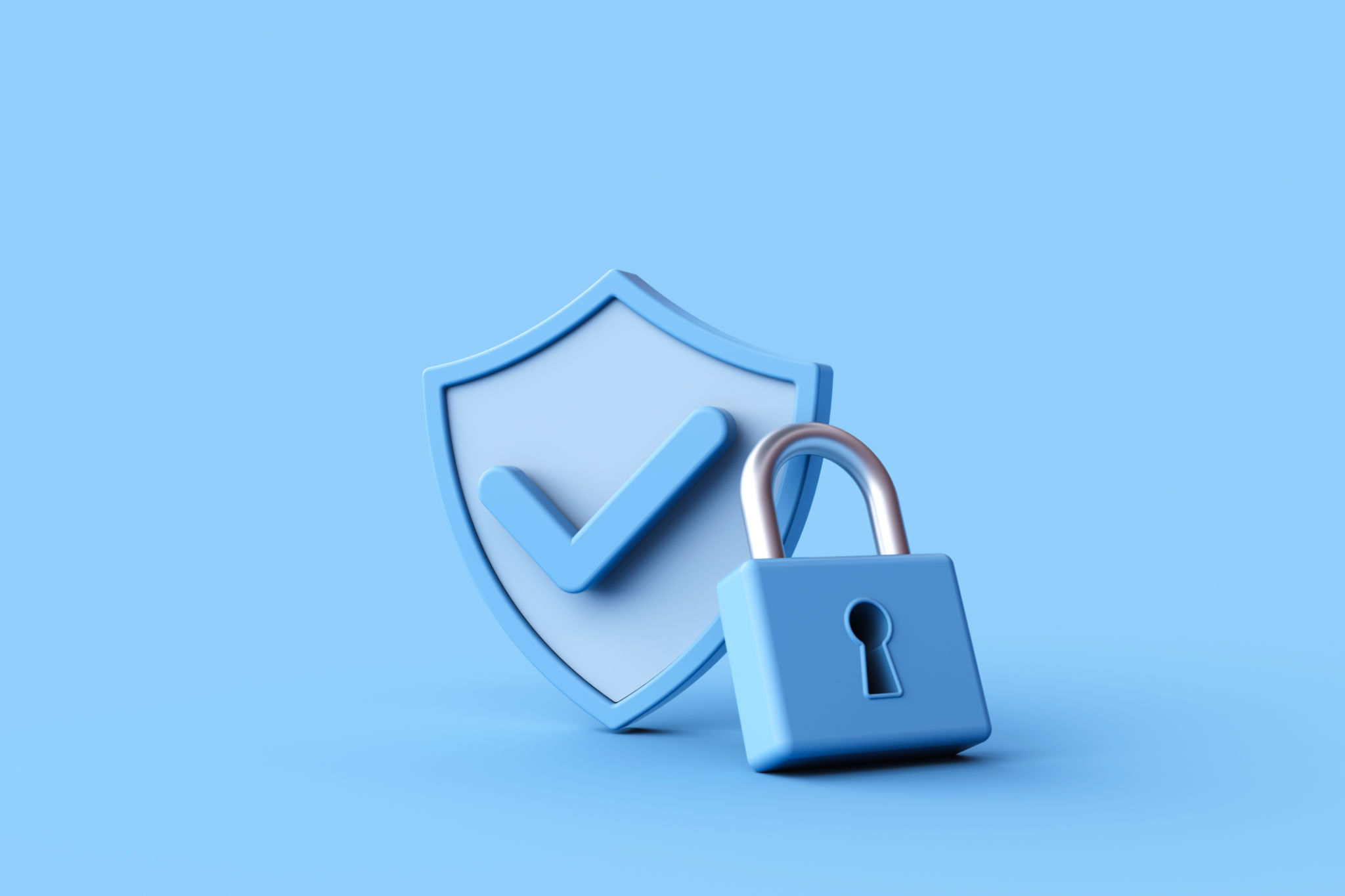How to Verify Halal Certification: Ensuring Authenticity at Your Local Market
Understanding Halal Certification
Halal certification is crucial for Muslims who want to ensure that the products they consume meet Islamic dietary laws. This certification guarantees that the food or product is permissible according to Islamic law. However, with the growing global market, verifying the authenticity of halal certification at your local market can be a challenge. Here, we will explore how you can ensure the halal products you purchase are genuinely certified.

Recognizing Accredited Certification Bodies
The first step in verifying halal certification is to understand the role of accredited certification bodies. These organizations are responsible for auditing and certifying products as halal. When shopping, look for logos from well-known certification bodies on product packaging. Some globally recognized bodies include the Halal Food Authority (HFA) and the Islamic Food and Nutrition Council of America (IFANCA).
It’s important to note that different countries might have different accreditation standards, so familiarize yourself with the certification bodies recognized in your region. This knowledge will help you identify authentic certifications quickly.
Checking for Certification Logos and Labels
Most halal-certified products will have a visible certification logo or label on their packaging. These logos are usually placed prominently to assure consumers of the product's authenticity. When examining a product, look for a clear and recognizable logo from an accredited certification body.

Sometimes, counterfeit products might display fake logos, so it’s crucial to know what an authentic logo looks like. Cross-referencing with official websites of certification bodies can further help confirm the validity of these logos.
Utilizing Online Verification Tools
Many halal certification bodies offer online tools to verify the authenticity of their certificates. By entering a product's certification number or scanning a QR code, consumers can confirm its halal status. This method is efficient and reliable, providing an extra layer of assurance.
Additionally, some mobile apps and websites are dedicated to helping consumers verify halal certifications. These platforms can be invaluable resources for those who frequently purchase halal products.

Communicating with Store Managers
If you're ever in doubt about a product’s halal status, don’t hesitate to ask store managers or staff for more information. They may provide insights into their supply chain and the certifications their products carry. Engaging with them can also encourage stores to prioritize authentic halal-certified options.
Building a relationship with local market managers can lead to a better understanding of how they source their products and how often they verify the authenticity of their inventory.
Staying Updated and Informed
The halal market can sometimes be complex due to varying standards and regulations across different regions. Therefore, staying informed about changes in certification processes and new entrants in the market is vital. Subscribing to newsletters from reputable halal organizations or following them on social media can keep you updated on the latest developments.
By remaining proactive and informed, you can ensure that your purchases align with your dietary preferences and religious beliefs. Making informed choices ultimately supports ethical practices within the global halal market.